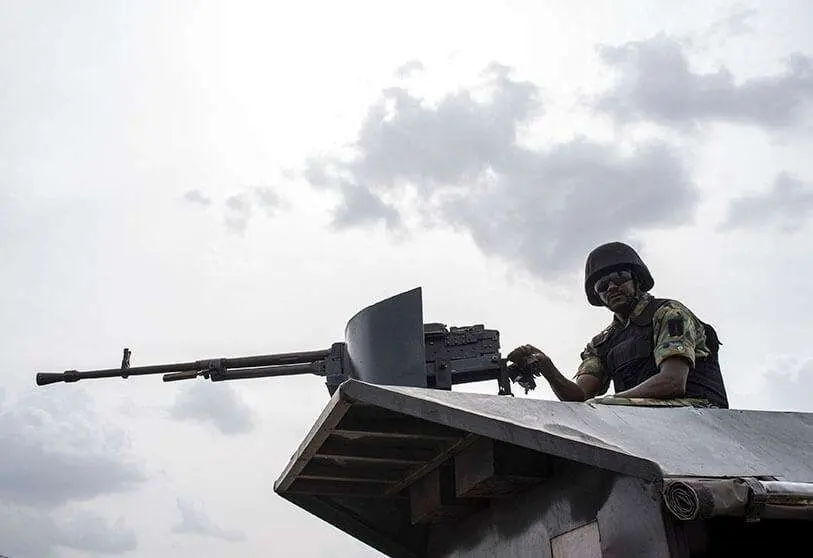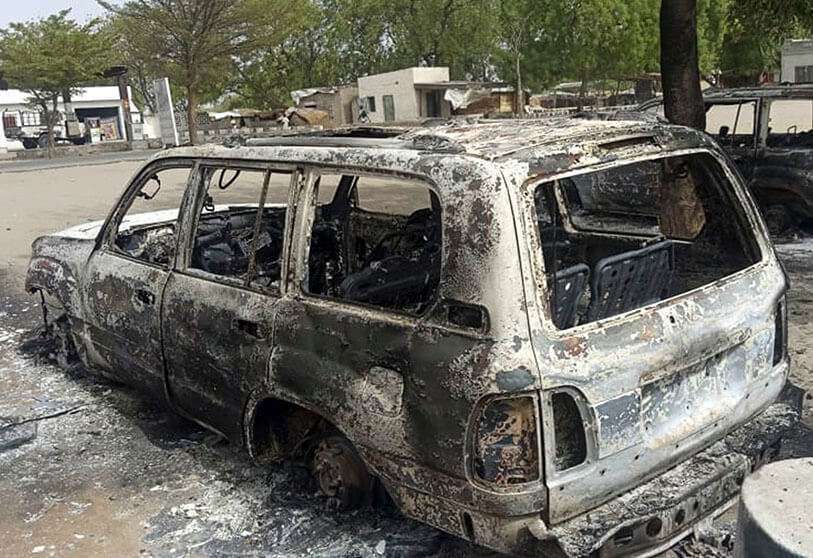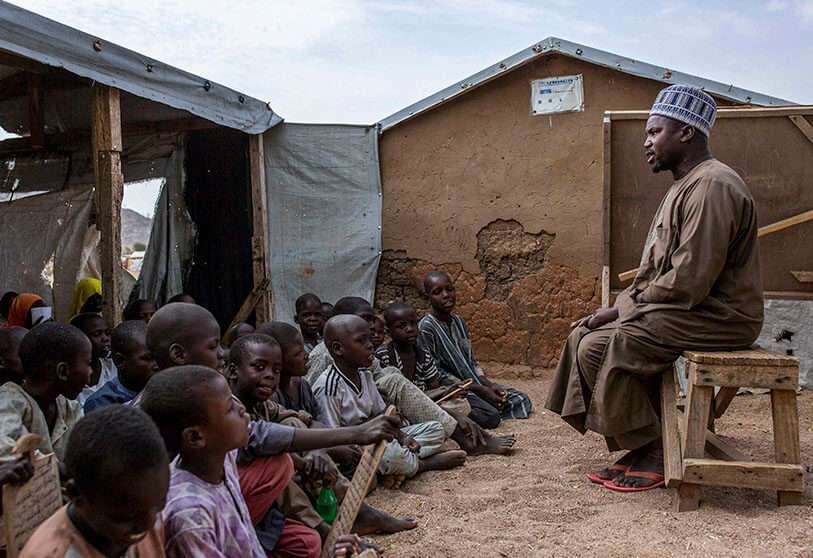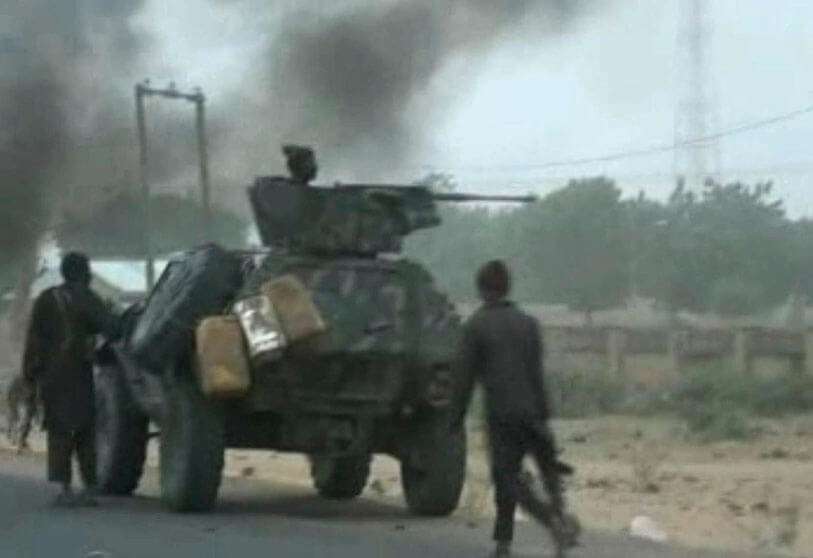New terrorist attacks shake up Cameroon and Nigeria

The new scenario drawn up as a result of the COVID-19 pandemic has had an effect on Jihadist terrorist threats. Although in the West the greatest threat from organisations like Daesh or al-Qaeda is found in the Internet and in the radicalisation of new followers through the propaganda shared in their networks, West Africa continues to suffer from the indiscriminate attacks of these terrorist organisations.
The Jihadist groups have taken advantage of the instability and inequality caused by this health crisis to increase their influence in those places most affected.

This Tuesday, Cameroon and Nigeria recorded 16 deaths, including members of the armed forces and civilians, in two terrorist attacks.
The United Nations High Commissioner for Refugees (UNHCR) said at least seven people were killed and 14 injured in a suicide attack on Wednesday in a village housing displaced people in northern Cameroon.
The attack, according to local media, took place on 1 September at around 6 p.m. in Goldave, a village near the border with Nigeria and home to some 18,000 internally displaced persons in the far north of the country, who continue to seek safety.
The refugee agency estimates that 7,000 Cameroonians from the villages of Kordo and Guérédou, which border Nigeria, have fled their homes since 11 August in search of greater protection.
This onslaught of violence comes just one month after 18 people were killed and 15 injured in an attack by an armed group on the Nguétchéwé IDP site on 2 August.

"We are horrified by these senseless attacks on people who have been uprooted from their villages, fleeing the violence perpetrated by armed gangs that are rampant in the region, only to be stripped of their security after they have just found refuge elsewhere," said Olivier Guillaume Beer, UNHCR's representative in Cameroon.
Beer expressed his concern at the rise in attacks on civilians: "The killing of innocent civilians has to stop. This is contrary to international humanitarian law and human rights law. We call on the armed groups to respect the rights and lives of the civilian populations".
Recent attacks continue to increase in the far north of Cameroon, including looting and kidnapping by Boko Haram and other armed groups active in the region.
Nigeria, another country where Jihadist terror is a daily occurrence, has also suffered attacks in recent days, such as the one that left nine soldiers dead on Wednesday following an ambush by armed terrorists against an army post in Borno state, in the north-east of the country and the centre of operations of the Boko Haram terrorist group. Although this attack was claimed by Daesh, a terrorist organisation that has been joining forces as Boko Haram since 2015. Through a statement on its website, the Jihadists stated their responsibility for the attack which, in addition to the dead, left the seizure of weapons and cars.
The Nigerian army confirmed that the northeast of the country is no longer under the weight of Jihadist violence, but despite this, the violence remains constant.

The conflict between the Nigerian government and Boko Haram has been going on for over ten years and more than 30,000 civilians and security personnel have been killed, and nearly three million people have been forced to leave their homes.








